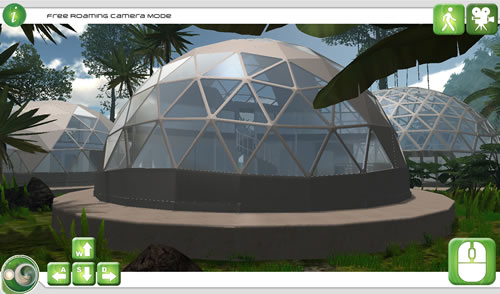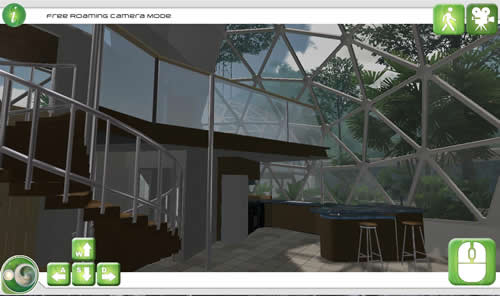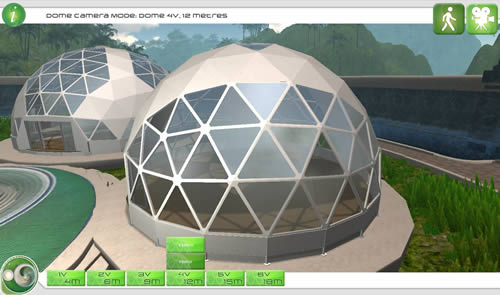- PO Box 989 Mullumbimby Contact us
- Call Us: +61 2 6684 3173
Going Green With Aquaponics Systems
It is impossible to mention aquaponics systems with sustainability failing to come into mind. An aquaponics system is quite truly an organic garden where both aquatic animals (fish) and plants are reared. Aquaponics systems are designed and optimized to ensure sustainability in a number of ways. Gardeners and farmers who use aquaponics systems have helped step up the clamor of sustainability through various online forums. We shall take a look at the various ways of going green with aquaponics systems.
Environmental Friendly Materials Used In Making Aquaponics Systems
The materials used in making aquaponics systems are environmental friendly. They include gravel, clay, recyclable plastics and recyclable PVC's. It is possible to recycle these materials and therefore reduce their environmental footprint. Certain companies such as Eco Built strictly use biodegradable materials in making their aquaponics systems.
Non Toxic Materials Used In Making Aquaponics Tanks
Aquaponics tanks are made using materials that are non-toxic to life. It would be outrageous to use toxic materials in making these tanks as they are used to house fish, other aquatic animals and plants. There is therefore no pollution to water and soil by toxic materials that could have been emitted from the aquaponics tanks. This pollution free environment is what spurs abundant food production that is typical in most aquaponics systems.
Conservation of Water
Aquaponics systems save up to 90% of the water that is normally used in conventional farming methods. Conventional farming methods discharge and exchange water during normal operation: a very ineffective process that results in significant water losses. Water used in aquaponics systems on the other hand is re-circulated and reused effectively. As such, negligible amounts of water are lost through unavoidable processes such as evaporation from water surface and spillage of water caused by heavy downpour. Water is therefore conserved and hence putting less strain on rivers and other sources of water in the environment.
High Energy Efficiency
Energy efficiency is at the heart of any design of aquaponics systems. The idea is always to increase energy efficiency. As such, the minimum number of pumps will be used. The design plans are constantly improved to ensure that the need for pumps is kept at a minimum, with good old gravity being called to aid. The most energy efficient aquaponics systems will therefore be the ones with a number of points with downward flowing water. High energy efficiency will in turn mean less exploitation of earth's natural resources to produce energy.
Alternative Sources of Energy
The use of alternative sources of energy in aquaponics systems has been championed by a number of environmentalists in the world. There are aquaponics systems that use sun's heat and supplement light to run. Currently, research is going on about the use of biogas in aquaponics systems. Aquaponics systems are therefore compatible to alternative sources of energy.
Elimination Of The Need For Chemical Fertilizers And Sprays
In conventional farming, it is almost impossible to do away with chemical fertilizers and sprays due to infertile soil and the menace of parasites. The absence of soil and a friendly environment to parasites in aquaponics systems eliminate the need for chemical fertilizers and sprays. As such, the soil and water pollution that would have resulted due to chemical fertilizers and sprays does not ensue.
Download the Sustainable Domes Walkthrough app now - just like our facebook page and look for the details.
15m Residential Dome

15m Residential Dome Internal

12m and 15m Residential Domes



